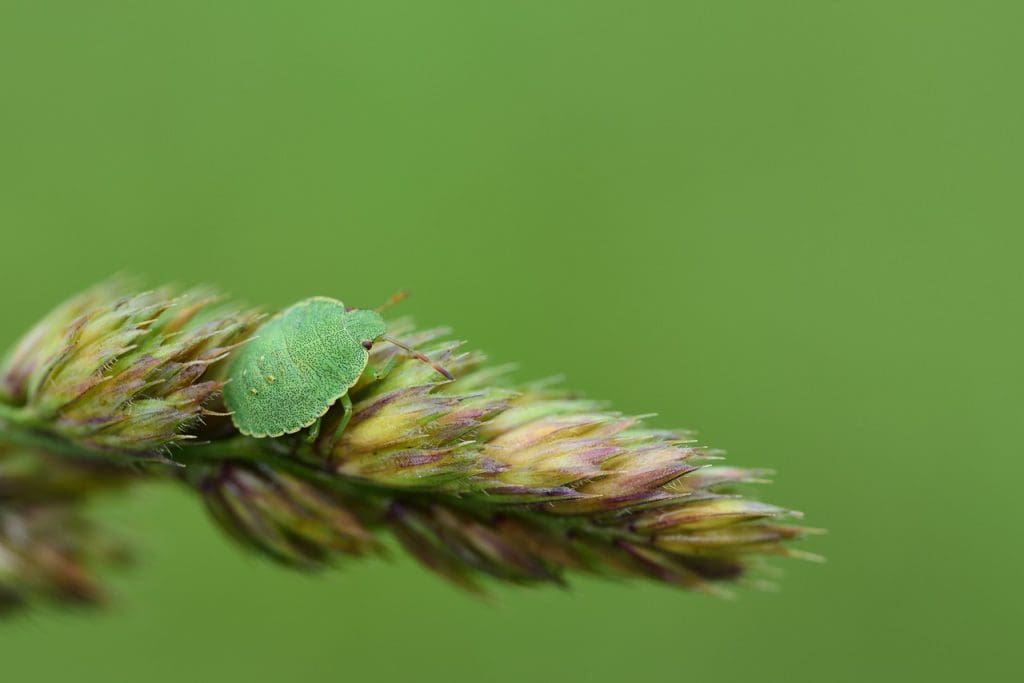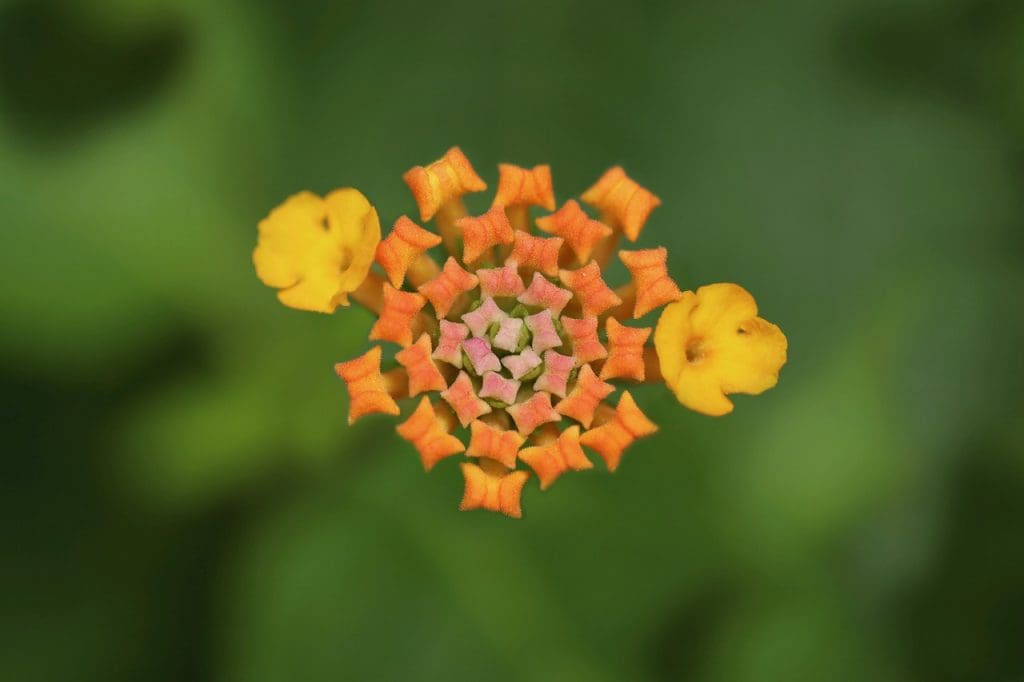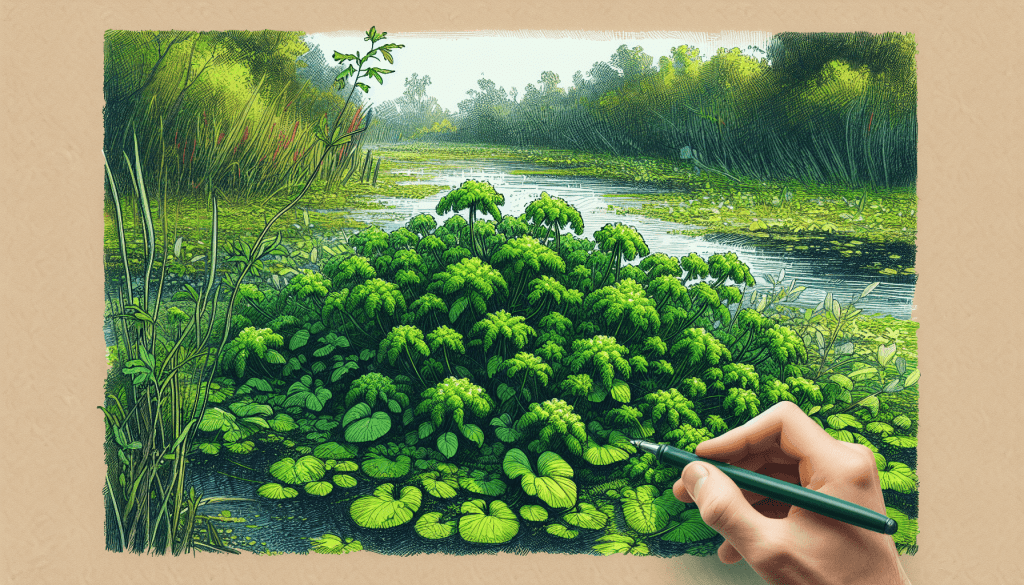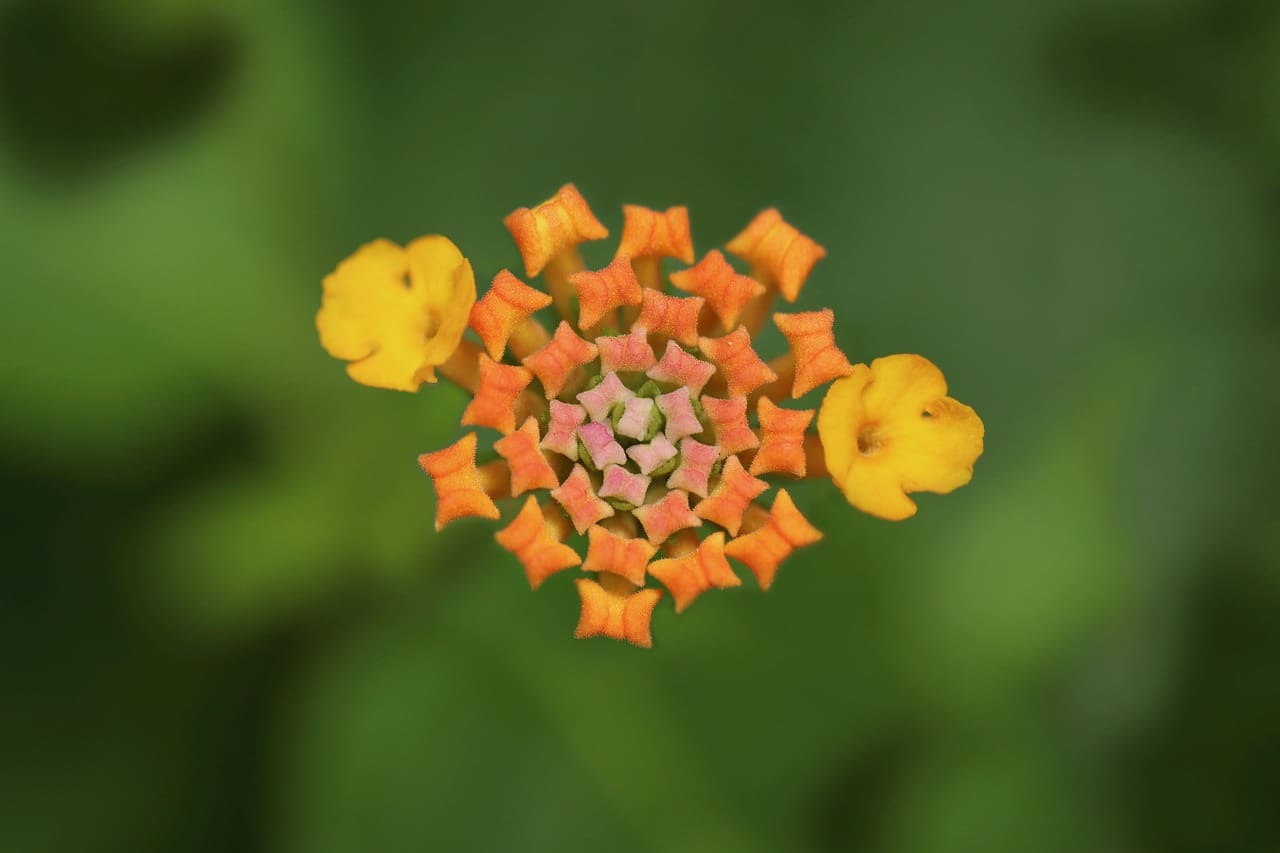In the battle against alligator weed, a resilient and invasive species, you’ll discover the most effective methods to eliminate this persistent pest from your garden or waterway. With its rapid spread and adaptability, alligator weed poses a significant challenge, but don’t worry—we’ll equip you with proven strategies that include biological, chemical, and manual control techniques. Whether you’re dealing with a small patch or a widespread infestation, you will find practical solutions that are tailored to suit your needs and ensure your environment stays free of this troublesome intruder. Have you ever faced the relentless spread of Alligator Weed and wondered how to effectively get rid of this invasive menace? If so, you’re not alone. Many people struggle with controlling this stubborn plant, but the good news is that there are proven methods to help you manage it.
What is Alligator Weed?
Alligator Weed (Alternanthera philoxeroides) is a highly invasive aquatic plant that can also thrive on land. It originates from South America but has become a significant problem in various parts of the world, including the United States. Its adaptability makes it a formidable competitor against native vegetation.
Characteristics of Alligator Weed
Alligator Weed can grow in both aquatic and terrestrial environments. It has hollow stems, lance-shaped leaves, and small white flower clusters. This versatility allows it to thrive in various conditions, making it particularly stubborn to control.
Why Control Alligator Weed?
Uncontrolled Alligator Weed can lead to severe ecological and economic consequences:
- Environmental Impact: It forms dense mats that block sunlight and oxygen, adversely impacting aquatic ecosystems.
- Economic Impact: It can clog waterways, impeding irrigation and drainage, and leading to increased maintenance costs.
Understanding why you need to control this weed sets the stage for effective action.
Biological Methods
Biological control involves using living organisms to suppress Alligator Weed. This method is sustainable and has minimal environmental impact, but it often takes time to show results.
Alligator Flea Beetle (Agasicles hygrophila)
The Alligator Flea Beetle is one of the most effective biocontrol agents for Alligator Weed. This beetle specifically targets Alligator Weed, feeding on its leaves and stems.
- Advantages: They strictly feed on Alligator Weed, minimizing impact on other plants.
- Disadvantages: Biocontrol can be slow; it may take years for beetles to establish themselves and significantly reduce weed populations.
Alligator Stem Borer (Arcola malloi)
Another effective biocontrol agent is the Alligator Stem Borer. This moth lays eggs on the weed, and the larvae burrow into the stems, causing damage that can help control the weed population.
- Advantages: Can significantly weaken the weed from within.
- Disadvantages: Similar to the flea beetle, this method is also slow and may require several years to see noticeable results.
Biological control can be particularly useful when integrated with other methods for a more comprehensive approach.

Mechanical Methods
Mechanical control methods involve physical removal or manipulation of the weed. These methods can be labor-intensive but offer immediate results.
Manual Removal
Manual removal involves physically pulling out the weed. This method is effective for small infestations or in areas where chemical use is restricted.
- Advantages: Immediate results, eco-friendly.
- Disadvantages: Labor-intensive, requires ongoing effort to prevent regrowth.
Mowing and Cutting
Mowing or cutting the weed can help manage its spread, especially in terrestrial environments. Regular cutting prevents the weed from flowering and producing seeds.
| Method | Pros | Cons |
|---|---|---|
| Manual Removal | Immediate results, eco-friendly | Labor-intensive, ongoing effort needed |
| Mowing/Cutting | Reduces seed production, cost-effective | Temporary solution, requires frequency |
Water Level Management
For aquatic infestations, manipulating water levels can help control Alligator Weed. Lowering water levels can expose the roots, making them easier to remove or treat with chemicals.
- Advantages: Can make other control methods more effective.
- Disadvantages: Limited feasibility in some environments, can affect other aquatic life.
Mechanical methods often provide immediate relief but may need to be used in conjunction with other methods for lasting control.
Chemical Methods
Chemical control involves the use of herbicides to kill Alligator Weed. This method can be highly effective but requires careful application to minimize environmental impact.
Selective Herbicides
Selective herbicides target specific types of plants, reducing the risk to desirable vegetation. One of the most commonly used selective herbicides for Alligator Weed is Glyphosate.
- Advantages: Highly effective, can be used in combination with other methods.
- Disadvantages: Potential environmental impact, resistance development.
Non-Selective Herbicides
Non-selective herbicides kill most plants they come into contact with. These are best used in areas where you want to clear all vegetation.
| Herbicide Type | Pros | Cons |
|---|---|---|
| Selective Herbicide | Targets specific plants, minimizes collateral | Can lead to resistance development |
| Non-Selective | Effective for clearing large areas | Kills non-target plants, environmental impact |
Application Techniques
Proper application is crucial for the effectiveness of herbicides. Methods include:
- Spraying: Effective for large infestations but requires caution to avoid drift.
- Wiping: Wiping herbicides directly onto the plant can minimize collateral damage to other vegetation.
- Injection: Injecting herbicides into the stem can be highly effective but labor-intensive.
Chemical methods can be effective but should be used judiciously to minimize environmental impacts.

Integrated Weed Management (IWM)
Integrated Weed Management (IWM) combines multiple control methods for a comprehensive approach. The goal is to use various methods to keep the weed in check rather than relying on a single solution.
Combining Methods
Combining methods can maximize effectiveness:
- Example 1: Use biocontrol agents like the Alligator Flea Beetle in conjunction with periodic manual removal.
- Example 2: Apply selective herbicides following mechanical removal to target regrowth.
Monitoring and Adaptation
IWM requires regular monitoring to assess the effectiveness of your strategy. Adapt your approach based on the results and environmental changes.
| Combination | Benefits | Considerations |
|---|---|---|
| Biocontrol + Manual | Sustainable with immediate relief | Time-consuming, ongoing effort |
| Herbicide + Mechanical | Quick reduction with sustained control | Environmental impact, resistance |
Integrated methods often provide the best long-term results by combining the strengths of different approaches.
Safeguarding the Environment
While controlling Alligator Weed, it’s essential to consider the broader environmental impact. Some methods may harm non-target plants, wildlife, and aquatic life, so it’s crucial to use environmentally friendly practices wherever possible.
Eco-Friendly Practices
- Biological Control: Use biocontrol agents to minimize chemical use.
- Selective Herbicides: Choose herbicides that target specific weeds to reduce collateral damage.
- Manual Removal: Prioritize physical removal in sensitive areas.
Legal and Regulatory Considerations
Before implementing chemical controls, check local regulations regarding pesticide use. Some areas may have restrictions that you’ll need to adhere to.
Following best practices ensures that you control the weed without causing additional environmental problems.

Case Studies and Success Stories
Case Study: Alligator Weed Management in Florida
Florida has successfully used Integrated Weed Management (IWM) to control Alligator Weed. The state combines biocontrol, chemical treatments, and mechanical removal to keep the weed in check.
Success Story: Australia’s Approach
Australia has implemented a nationwide program that uses biocontrol agents extensively. The Alligator Flea Beetle has been particularly effective in reducing Alligator Weed infestations.
These examples show that a multi-faceted approach can yield successful results.
Conclusion
Controlling Alligator Weed is no easy task, but with the right methods, you can successfully manage this invasive species. Whether you choose biological, mechanical, chemical methods, or a combination of these, each has its own set of advantages and challenges. Integrated Weed Management often offers the best chance for long-term success, blending different techniques for comprehensive control.
Always consider the environmental impact and adhere to local regulations when choosing your control methods. Remember, persistence is key. Regular monitoring and adapting your strategy will yield the best results.
So, are you ready to tackle the spread of Alligator Weed? By understanding the various control methods and their applications, you can choose the most effective strategy for your situation.

